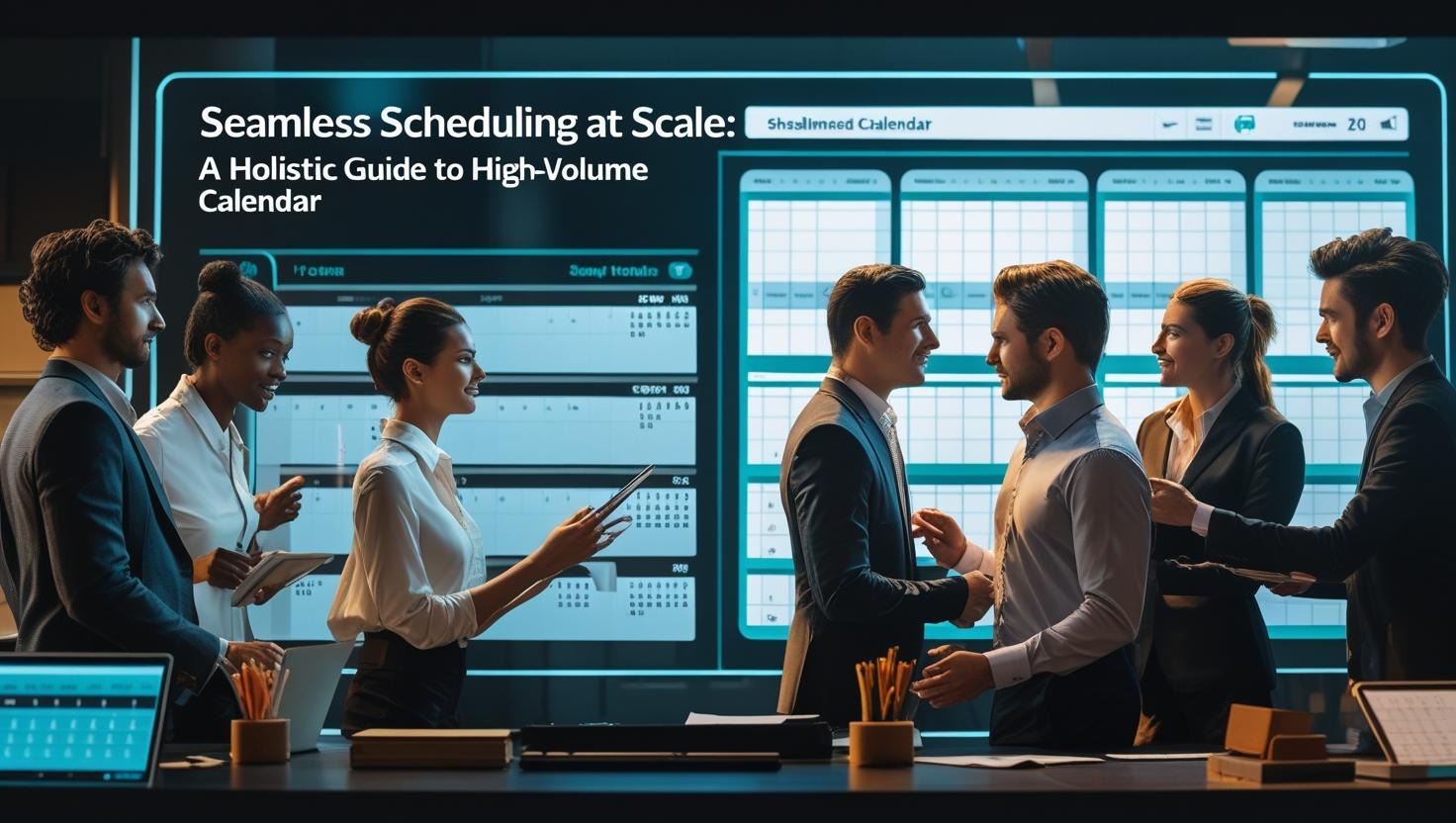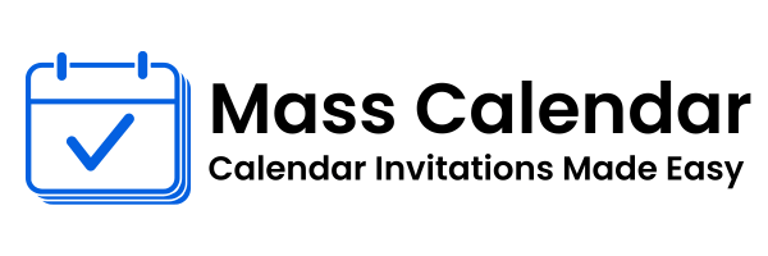Precision Scheduling at Scale: A Field Guide to Corporate Calendar Mastery
When an organization crosses time-zones and departments, the humble calendar becomes a strategic asset. Moving dozens—or thousands—of people into the same virtual room demands more than hitting “Send.” It requires clear objectives, careful data hygiene, and bullet-proof communication. This guide walks through a proven, platform-agnostic process so your calendar invites land accurately, earn quick responses, and set the stage for productive meetings.
BLOG
6/24/20252 min read


When an organization crosses time-zones and departments, the humble calendar becomes a strategic asset. Moving dozens—or thousands—of people into the same virtual room demands more than hitting “Send.” It requires clear objectives, careful data hygiene, and bullet-proof communication. This guide walks through a proven, platform-agnostic process so your calendar invites land accurately, earn quick responses, and set the stage for productive meetings.
1 · Define Purpose, People, and Payoff
Purpose in one sentence. “Approve Q4 budget and resource allocations.”
Audience tiers. Decision-makers, contributors, observers.
Success metrics. Live attendance, recorded views, or signed approvals.
A tight brief eliminates scope creep and informs every downstream decision.
2 · Choose a Time That Works for Everyone
Time-zone equity. Check overlap windows so no core region starts at 6 a.m. or 11 p.m.
Holiday guardrails. Cross-reference cultural calendars—Diwali, Thanksgiving, Golden Week.
Lead time. Offer two weeks’ notice for 50+ attendees; four weeks for 500+.
3 · Craft an Invitation That Commands Attention
Subject line — “Global Strategy Sync — 18 Nov 2025.”
Opening hook — Tie the session to a concrete outcome: “We’ll finalize pricing tiers for the public launch.”
Agenda bullets — Three high-value points; link to deeper docs instead of attaching megabyte slides.
Access links — Embed direct join URLs—no extra portals.
Time-zone cue — Include “(UTC +0)” or a converter link to prevent local misreads.
4 · Respect Platform Quirks Without Playing Favorites
Scheduling a bulk calendar invite in Outlook? Use distribution lists so roster changes update automatically.
Preparing a bulk calendar invite in Gmail? Disable “propose new time” when the schedule is non-negotiable.
Need to send mass meeting invites in Gmail? Personalize salutations to dodge spam filters.
Handling a mass calendar invite in Outlook? Leverage the Tracking pane for real-time RSVP analytics.
Organizing a mass calendar invite in Gmail? Label acceptance notices so they bypass your main inbox.
Planning to send mass meeting invites in Outlook? Stagger lists above 800 addresses to avoid SMTP throttles.
Embracing these nuances boosts deliverability and smooths the recipient experience.
5 · Launch Day Protocol
Batch deployments. Split sends over 500 recipients into timed waves.
Monitor RSVPs. Early acceptance trends guide reminder timing.
Preserve privacy. Use BCC or personalized e-mails when external partners are involved.
6 · Manage Changes With Surgical Clarity
Edit the original event. One artifact = one source of truth.
Flag urgency. Prefix the subject with “UPDATED:” or “TIME SHIFT.”
Single nudge. Post once in Slack or Teams; redundancy beats silence, but spam kills goodwill.
7 · Facilitate a Friction-Free Session
Open early. Unlock the room ten minutes ahead for audio checks.
Assign a tech host. Separate moderation from presentation.
Record and chapter. Upload promptly so absentees jump to relevant sections.
8 · Post-Event Hygiene
Send minutes within 24 h. Bullet decisions and owners.
Clean recurrences. Cancel unused future instances.
Analyze data. Compare invite volume, acceptance, and attendance to improve your next calendar in bulk campaign.
Conclusion
Large-audience scheduling isn’t wizardry; it’s disciplined process. Define a clear goal, keep data spotless, craft concise invitations, test rigorously, and communicate changes swiftly. Follow this playbook—whether you rely on Outlook or Gmail—and you’ll transform chaotic coordination into a predictable routine that stakeholders trust.
MassCalendar.in
Send Bulk & Mass Calendar Invites Instantly
CONTACT
Meetings
+44 (0) 203 916 5117
© 2025. All rights reserved.
Help?
